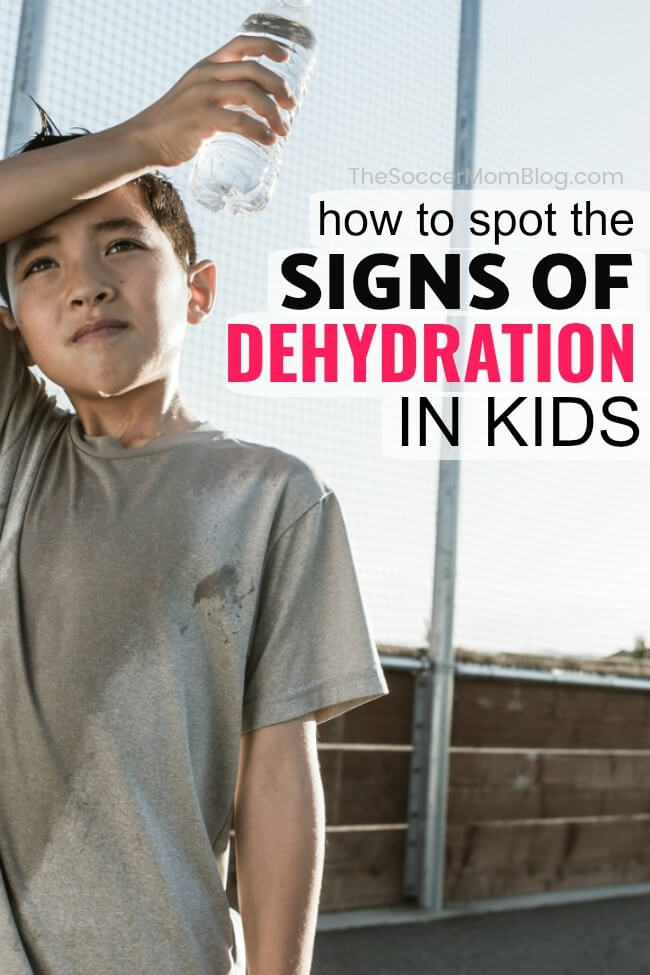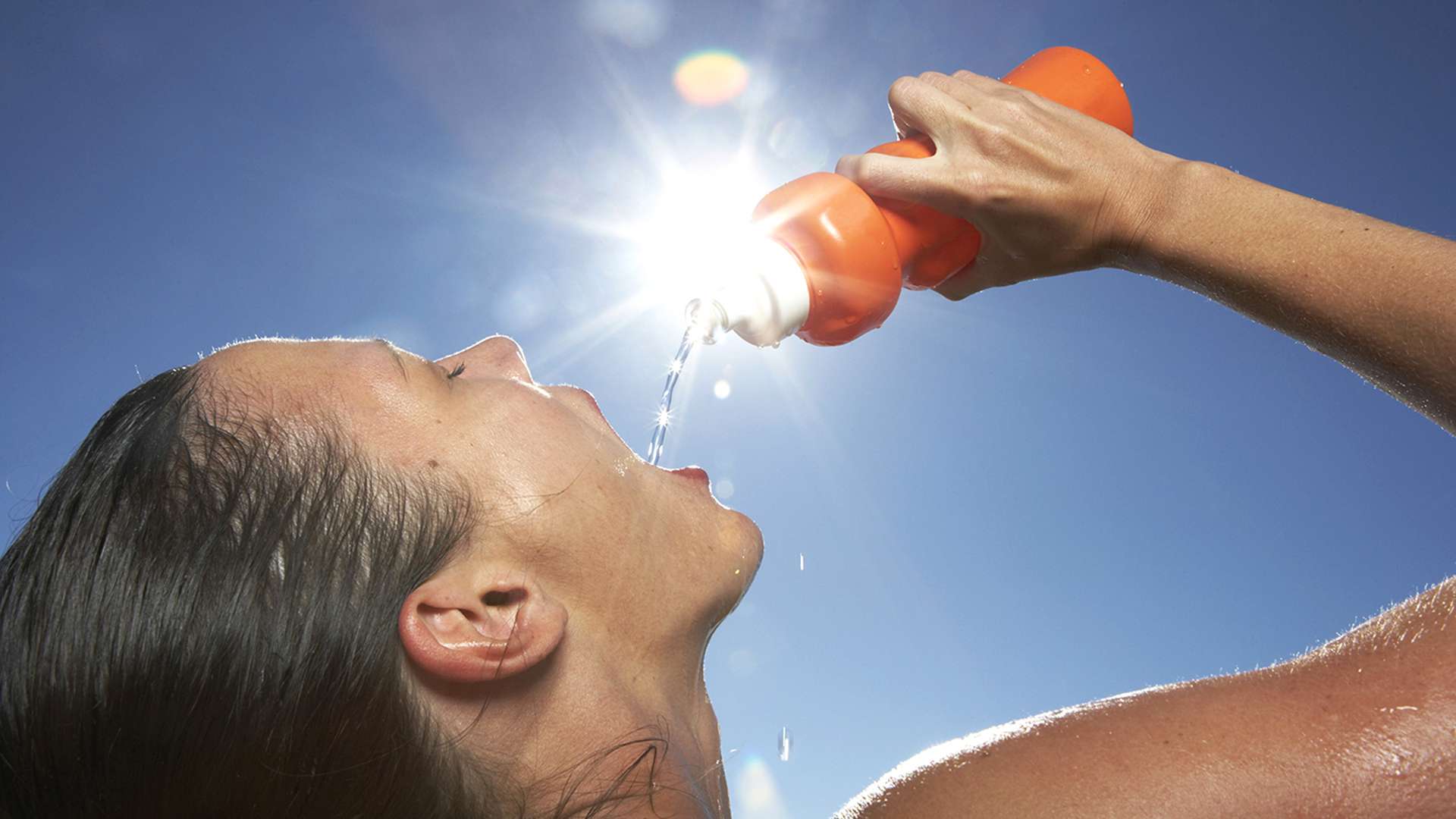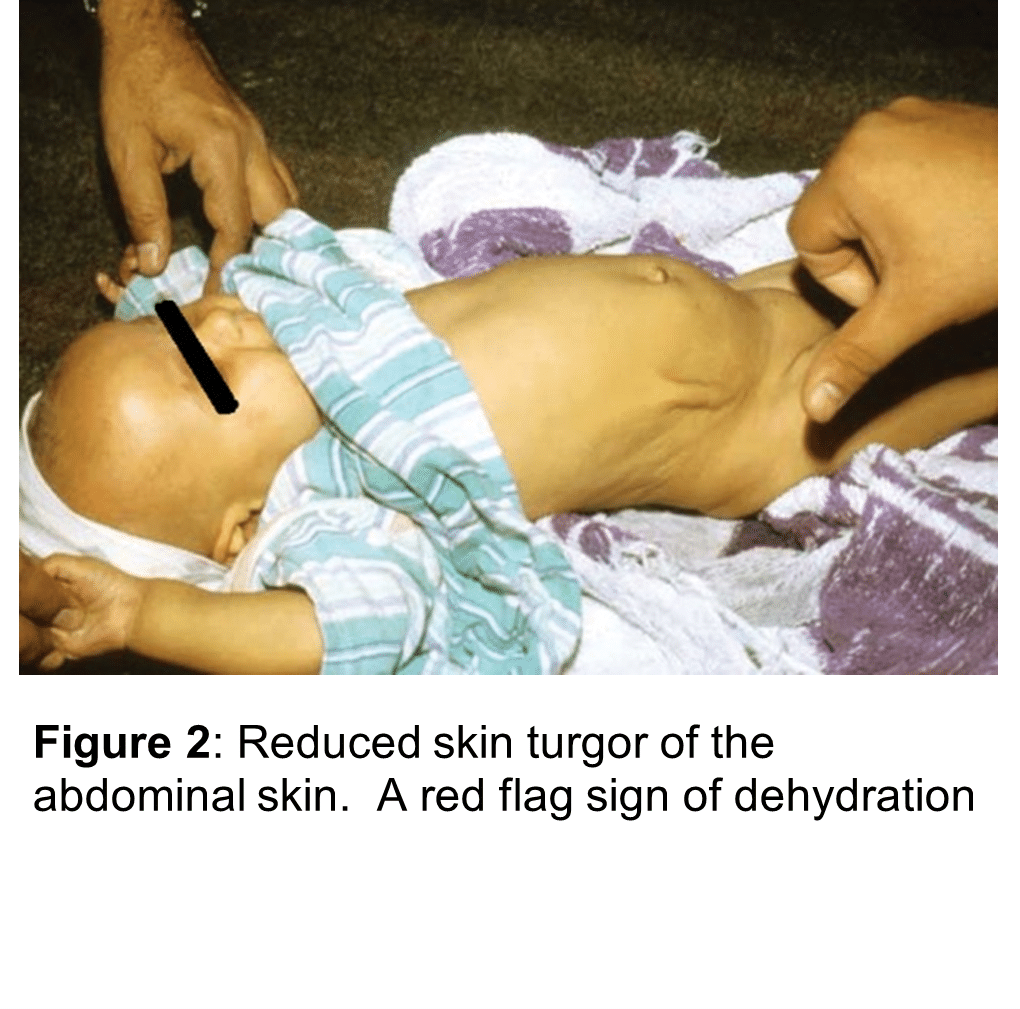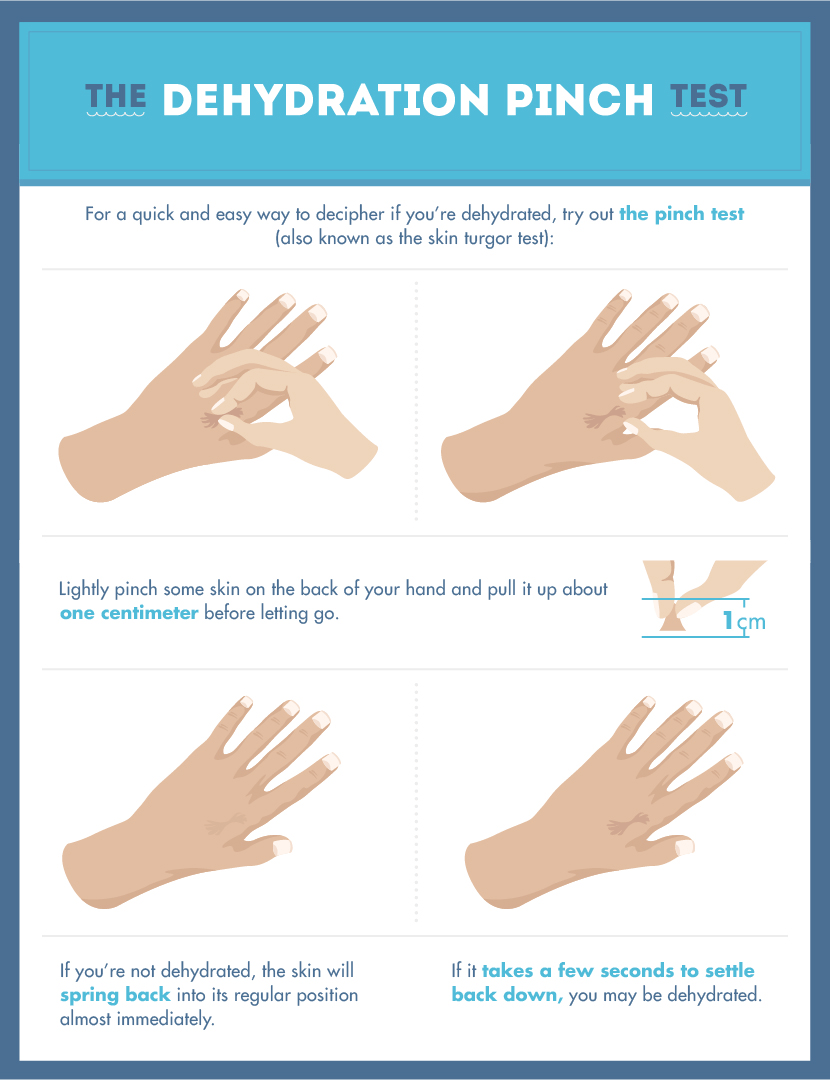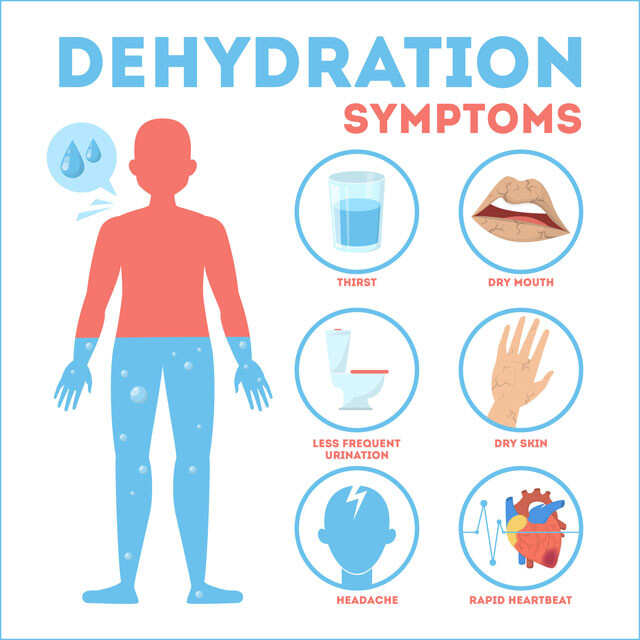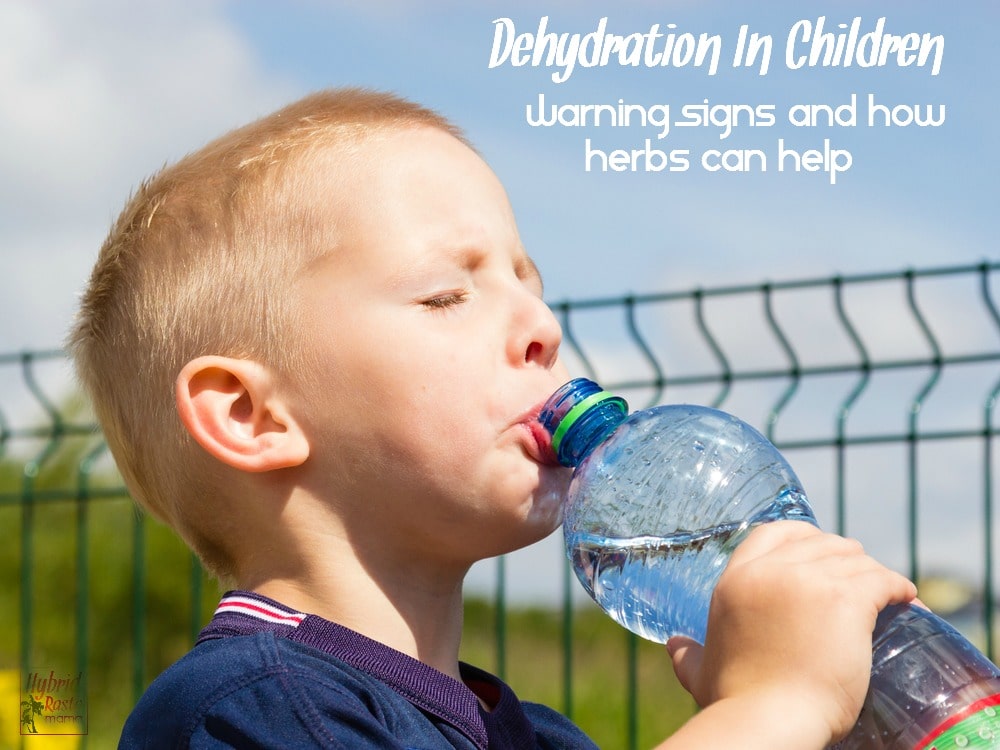One Of The Best Info About How To Check For Dehydration In Children

The best approach to dehydration treatment depends on age, the severity.
How to check for dehydration in children. Infants and children are at greater risk of developing dehydration than adults due to higher. Robert ferry jr., md, faap. 1 an understanding of the symptoms, signs and investigations used to assess and manage.
Crying with little or no tears. Weight loss is the best measure of dehydration. The most useful individual signs for identifying dehydration in children are prolonged capillary refill time, abnormal skin turgor, and abnormal respiratory pattern.
Sleeping too much (more than normal for even a baby!) sunken eyes. We also discuss the treatment options, and when to take a toddler to the. Dehydration is loss of water from the body, usually caused by vomiting and/or diarrhea.
Care at home for mild dehydration. Dehydration occurs when fluid output is greater than fluid input. What is dehydration in children?
If you still have signs of mild. Clinicals signs can help estimate the severity of dehydration but are often imprecise. In extremis, this can lead to volume depletion and dangerous electrolyte imbalances.
Here’s how to make sure your child or baby stays protected from dehydration. Sunken soft spot on the top of the head. How do you know if a child is dehydrated?
Instead, make sure your little one is. Signs, symptoms & home remedies. How to tell if your child is dehydrated.
If your child shows signs of severe dehydration, see your gp or go to your closest hospital emergency department. Treatment for dehydration depends on how severe it is. The best treatment for mild.
According to pediatricians, an easy way to check on proper hydration is that urine should look like lemonade, not apple juice. Dehydration means your body loses more fluids than you take in. Signs of dehydration in children.
A doctor can check for dehydration and replenish your child’s fluids and salts quickly intravenously (through a vein) if needed. The world health organization defines dehydration as a condition that results from excessive loss of body water. Symptoms and signs include thirst, lethargy, dry mucosa, decreased urine output, and, as the degree of dehydration progresses, tachycardia,.


